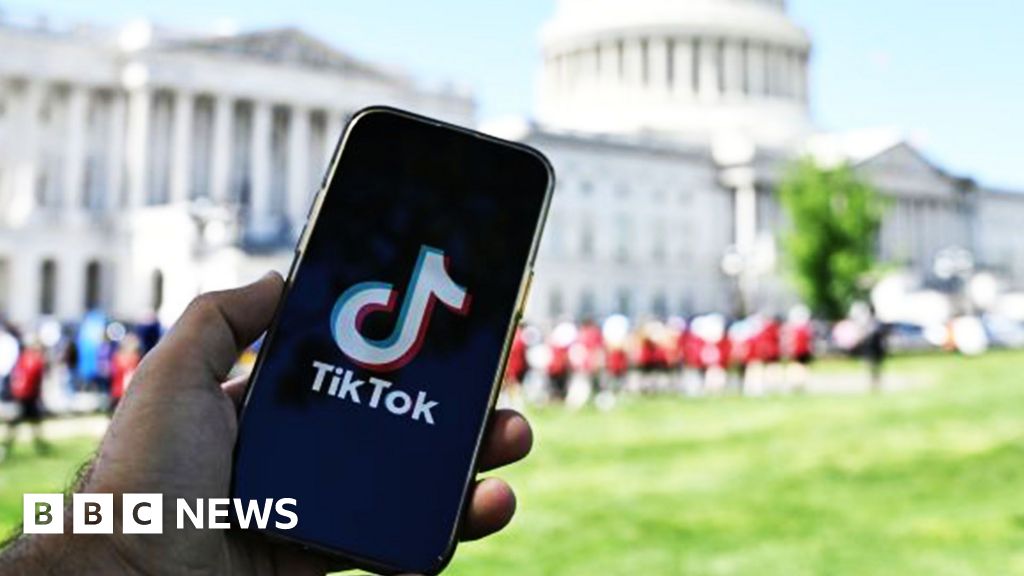- cross-posted to:
- technology@beehaw.org
- cross-posted to:
- technology@beehaw.org
TikTok says it offered the US government the power to shut the platform down in an attempt to address lawmakers’ data protection and national security concerns.
It disclosed the “kill switch” offer, which it made in 2022, as it began its legal fight against legislation that will ban the app in America unless Chinese parent company ByteDance sells it.
The law has been introduced because of concerns TikTok might share US user data with the Chinese government - claims it and ByteDance have always denied.
TikTok and ByteDance are urging the courts to strike the legislation down.
“This law is a radical departure from this country’s tradition of championing an open Internet, and sets a dangerous precedent allowing the political branches to target a disfavored speech platform and force it to sell or be shut down,” they argued in their legal submission.
They also claimed the US government refused to engage in any serious settlement talks after 2022, and pointed to the “kill switch” offer as evidence of the lengths they had been prepared to go.



And all of those examples are about parts of the US government stopping other parts of the same government from trying to get our corporations to do what they want. China has no system to control itself like that. It doesn’t have to ask BiteDance anything; They own it and would shut it down in a heartbeat if they couldn’t absolutely control it.
What?
Those examples are after-it-actually-happened reports of the US government actively getting corporations to do what they want.
Get your head out of the sand.
I don’t trust China, but I’m not going to lie to myself to feel better about a political hitjob, even if Bytedance has it’s multinational corporate governance primarily under China.
Kapersky is the example you want to point at for an example of a bad actor corp capturing classified data and sending it to an adversarial government. TikTok just trended anti-political messages for a few different popular politicians and lit a match as a result.
Not talking about collecting or sharing data.
There’s no real evidence they did.
Even if they did, that’s not a good enough reason to cut them off, though it is the reason many politicians want to; That, and the Israeli apartheid / genocide stuff.
But again, there’s no evidence ByteDance and TickTok is doing anything about those topics.
Did you read the article I linked to?
It is the NYTimes, I get it if you didn’t; Their paywall’s annoying.
Here’s a Kagi summary:
They’re just mad they can’t do a genocide without being called out by the youths. If anything, the American social media companies are the ones to watch out for because they’re actively suppressing news on the content, the thing we’re pretending to be worried that the Chinese government will do to this app.